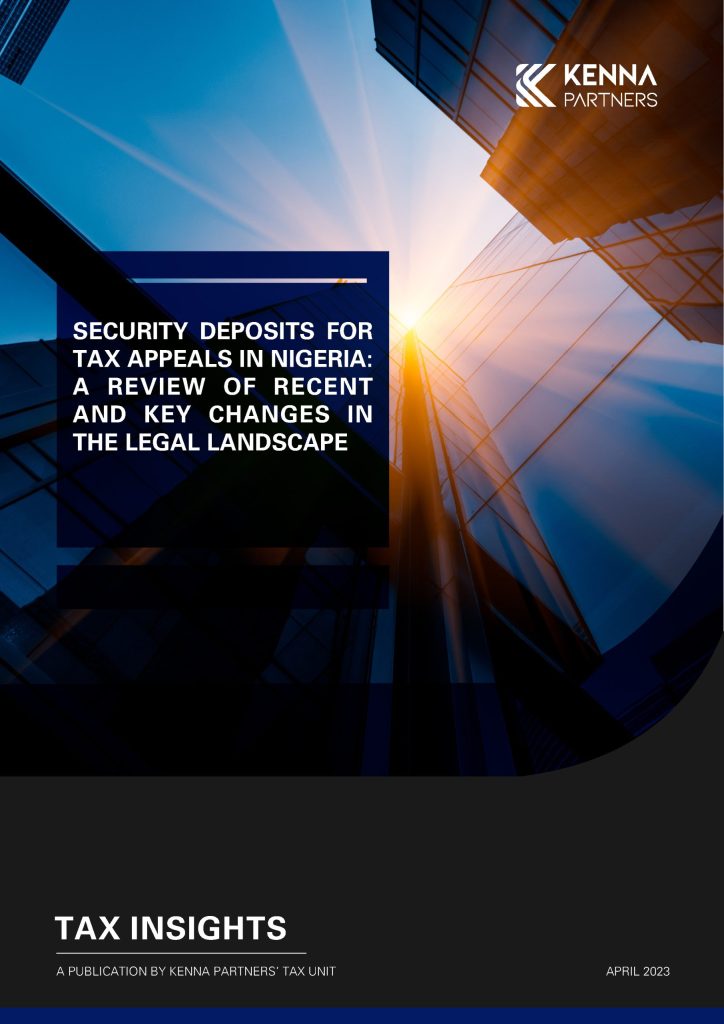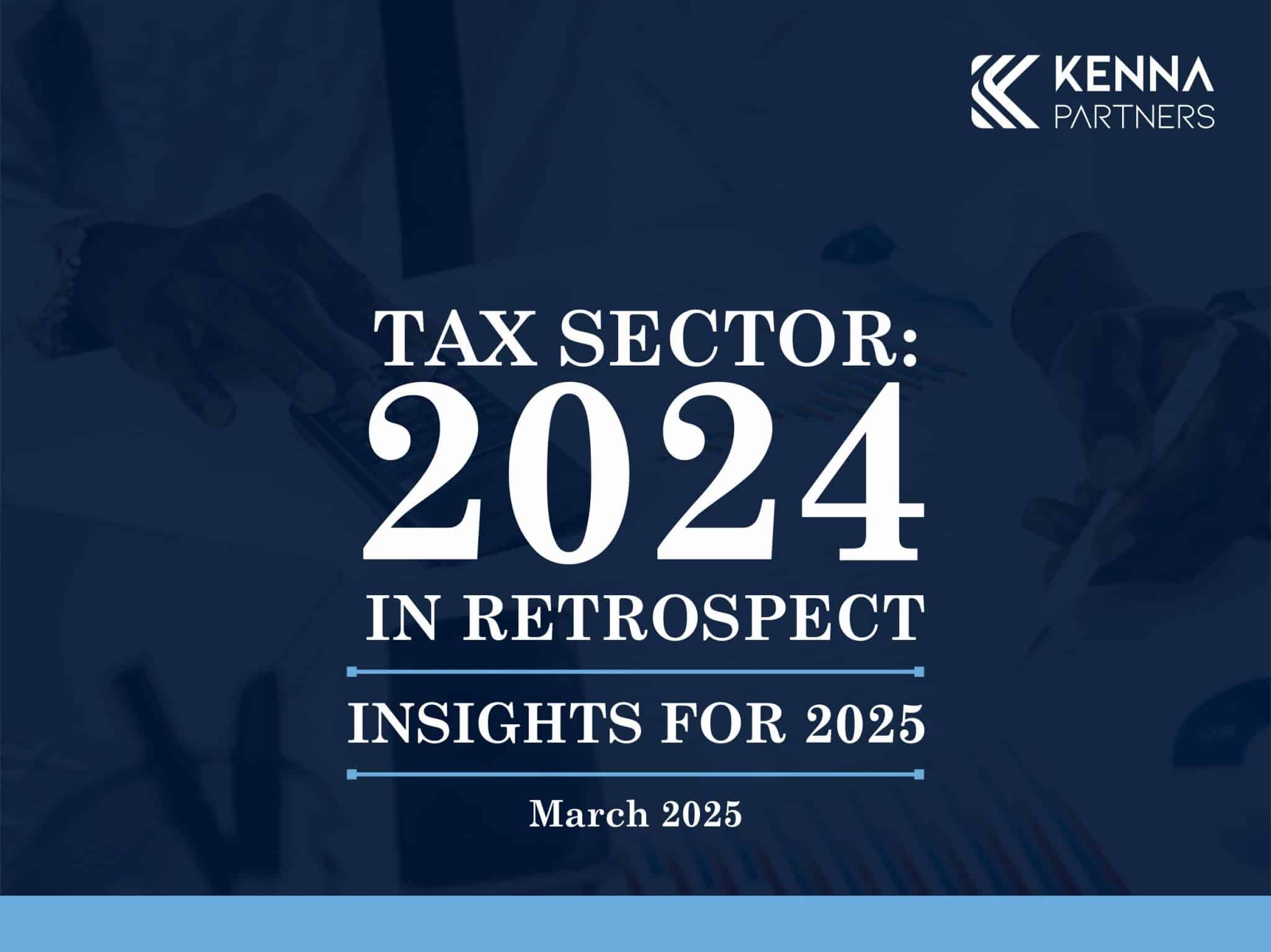
It is a known fact that two major factors affecting internally generated revenue are tax disputes and the timeline for eventual payment of assessed taxes by taxpayers who have objected to tax assessment. In a bid to reduce the incidence of the above (amongst other reasons), in some instances and upon the fulfilment of certain conditions, tax laws may require taxpayers who seek to challenge tax assessments to pay a fraction of the assessed tax or a given amount (security deposit), pending the hearing and determination of the tax appeal.
The issue of security deposits has been controversial and debated, particularly in Nigeria. These debates centre around their constitutionality, validity, fairness, and the workings of the legal framework for them. Given the relevance of security deposit to both revenue generation and the protection of taxpayers’ legal rights, this Insight examines extant statutory provisions and recent decisions which have shaped the position of Nigerian law on the issue of security deposits.
To achieve this, this Insight briefly explains the distinct laws which provide for the payment of security deposits in Nigeria, the previous application of these laws by the Tax Appeal Tribunal (the Tribunal), and the most recent pronouncements of the Tribunal on the subject. This article is relevant to the Global, African and Nigerian audiences.


Outlook for 2025 The Nigerian litigation landscape is transforming significantly as the country’s legal system aligns with contemporary global trends. Fundamental reforms, such as adopting

This edition of the Kenna Partners’ Observatory covers a wide category of updates spanning taxation, art, telecommunications, corporate and energy industries. The Nigerian Tax Bill,
